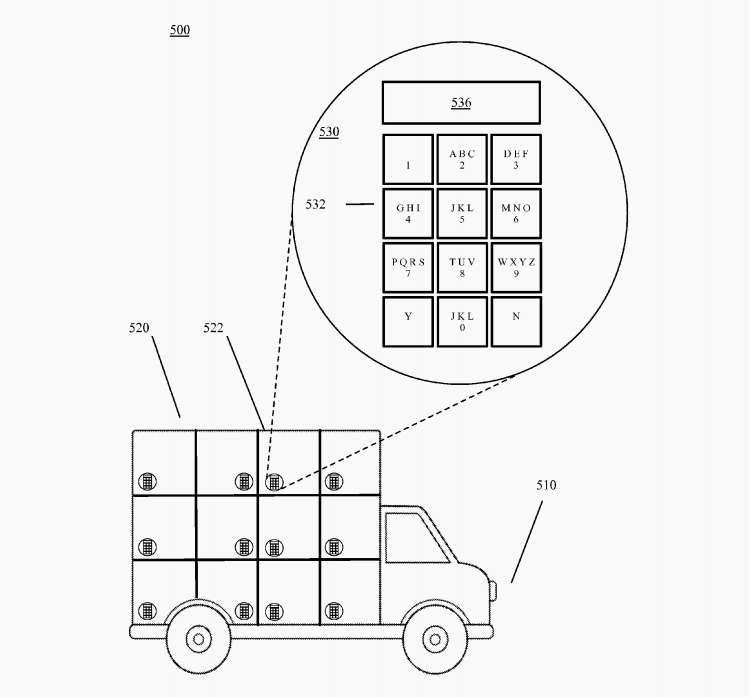Drone Pilots Are Breaking the Old Definitions of Valor
Jared Sperli stashed this in drones
Source: http://www.defenseone.com/ideas/2016/01/...
To that end, the Air Force says that its civilian drone pilots won’t actually be pulling any triggers themselves. Instead, civilians will be piloting reconnaissance and intelligence-gathering drones. “There are limitations on it,” said Air Force General Herbert Carlisle, the head of Air Combat Command, emphasizing that the contract pilots “are not combatants.” But making the distinction between the people who pull the trigger and the people who staff the technical bureaucracy that makes pulling the trigger possible—what’s known as a “kill chain”—is becoming more and more complex. Civilian drone pilots represent a growing trend: the diffusion of culpability for the deaths caused by drones paired with the increasing physical safety of people within the kill chain. In other words, civilian drone pilots are a kind of barometer for a profound shift: the redefinition of martial values, specifically of heroism itself.
The Danish philosopher Søren Kierkegaard wrote, “Someone can conquer kingdoms and countries without being a hero; someone else can prove himself a hero by controlling his temper.” So: Can drone pilots be heroes? Is someone who kills from a nest of physical safety acting courageously? The intuitive answer would seem to be no. Most people generally think of heroes as sacrificing something, winning but at great cost. This sacrifice, not what one gets in return for it, is by most conventions how heroism derives its value. Taking on an existential risk is traditionally seen as the sacrifice that defines soldiering. In the words of the writer William Pfaff, soldiers are both “executioner and victim.”The moral line that separates a soldier from a murderer is predicated on this duality. The soldier is an executioner in so far as her violence is state-sanctioned. But she also must be capable of being a victim herself in order for her violence to be honorable. This vital aspect of jus in bello, or justice during war, the reciprocal right to kill each other, is what keeps wars from being executions without trials. In “The Paradox of Riskless Warfare,” Paul Kahn, a Yale Law professor, writes,“The fundamental principle of the morality of warfare is a right to exercise self-defense within the conditions of mutual imposition of risk.” Without the enemy’s reciprocal ability to kill, war becomes a particularly brutal form of martial law.'
Stashed in:











7:59 PM Jan 25 2016